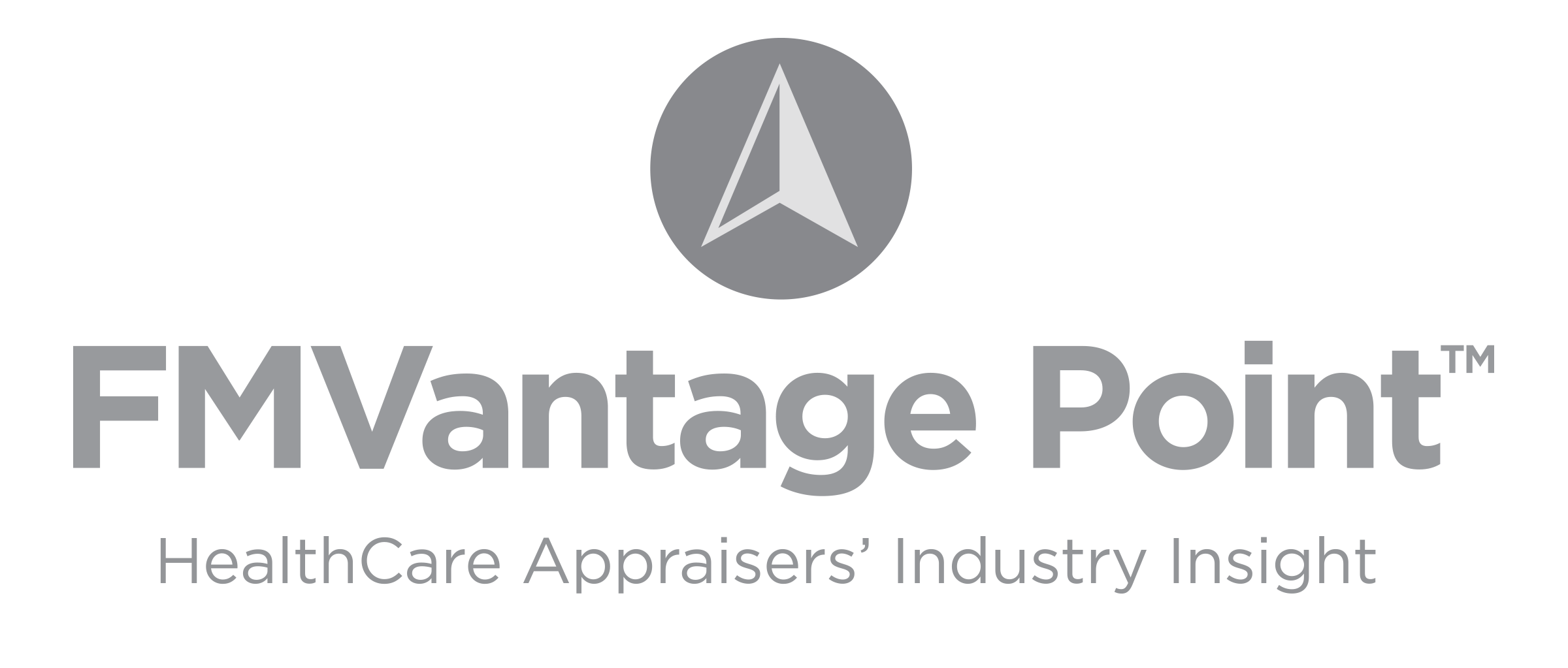Author: Robert Kurtz with Commentary from Matthew J. Muller, ASA.

Published by The ASCA Journal October 2019.
The ASC industry is a hotbed of transaction activity. That activity is helping to drive up the value of facilities and likely spurring the development of new centers.
Those are some of the conclusions drawn from HealthCare Appraisers’ 2019 ASC Valuation Survey. HealthCare Appraisers conducted the survey in collaboration with ASCA. The survey asks management companies, health systems and ASC investment bankers and business brokers about trends in ASC value. Respondents to this year’s survey collectively own or manage more than 1,000 ASCs.
In a report full of data and insights, a few trends stand out to Matthew Muller, director of HealthCare Appraisers in Denver, Colorado. “One of the most significant takeaways is that there was a notable increase in valuation multiples in 2018. Controlling interests increased markedly as compared to annual multiple growth in recent prior years.”
The average multiple observed for controlling interests in single-specialty ASCs increased from 6.6x in last year’s survey to about 7.1x in this year’s survey. For multi-specialty ASCs, controlling interests increased from about 7.3x to 8.0x.
On the single-specialty side, contributing to this increasing multiple is the continued investing in ASCs by private equity firms, Muller says. “ASCs, such as those performing ophthalmology, pain management and gastroenterology, are seeing an increase in private equity investing, typically in conjunction with investment in physician practices.”
Helping boost multiples in all ASC types is increased interest from health systems, Muller says. “As more acute cases shift from the hospital inpatient setting to the outpatient setting, these health systems want to make sure they remain involved. Partnering with a local ASC, if the opportunity arises, allows them to avoid losing out entirely on that case shift.”
As these and other trends indicate, acquisition interest remains high, Muller says, and that interest has resulted in a noteworthy development. A question in the survey concerning acquisition strategy asks whether respondents prefer de novo, turnarounds or established, cash-flowing surgery centers. “We had a healthy response for de novo at 37 percent,” he says. “This may be reflective of the competition for acquisitions. A de novo strategy is an effective approach for growth if you want to avoid competing for existing surgery centers or believe acquiring such ASCs may prove more difficult.”
Going forward, Muller anticipates a few trends that are likely to have significant effects on future survey results. “We are watching developments concerning certificate of need (CON) closely. Some states, such as Florida, North Carolina and Alaska, are looking to repeal or reform their CON law. If any changes occur that affect ASCs, one would expect to see more de novo development in those states.”
Any changes to CON law would likely also affect the value of existing ASCs, he adds. “Our survey shows there is typically a premium paid of around 0.5x to 1.0x to those ASCs that hold a CON. If a CON is no longer required, then we would expect to see a slight decrease in multiples.”
Another development that Muller expects will influence the ASC market is growing collaboration between corporate players. “Your typical joint venture ASC pairs together physicians with a health system or physicians with a management company. We are starting to see more of these corporate entities working together in three-way joint ventures, with health systems, management companies and physicians partnering around an ASC. This is another example of when entities decide it may be easier to collaborate than directly compete.”
